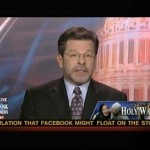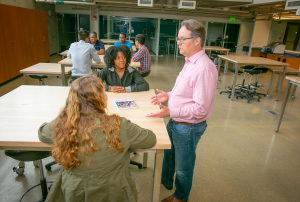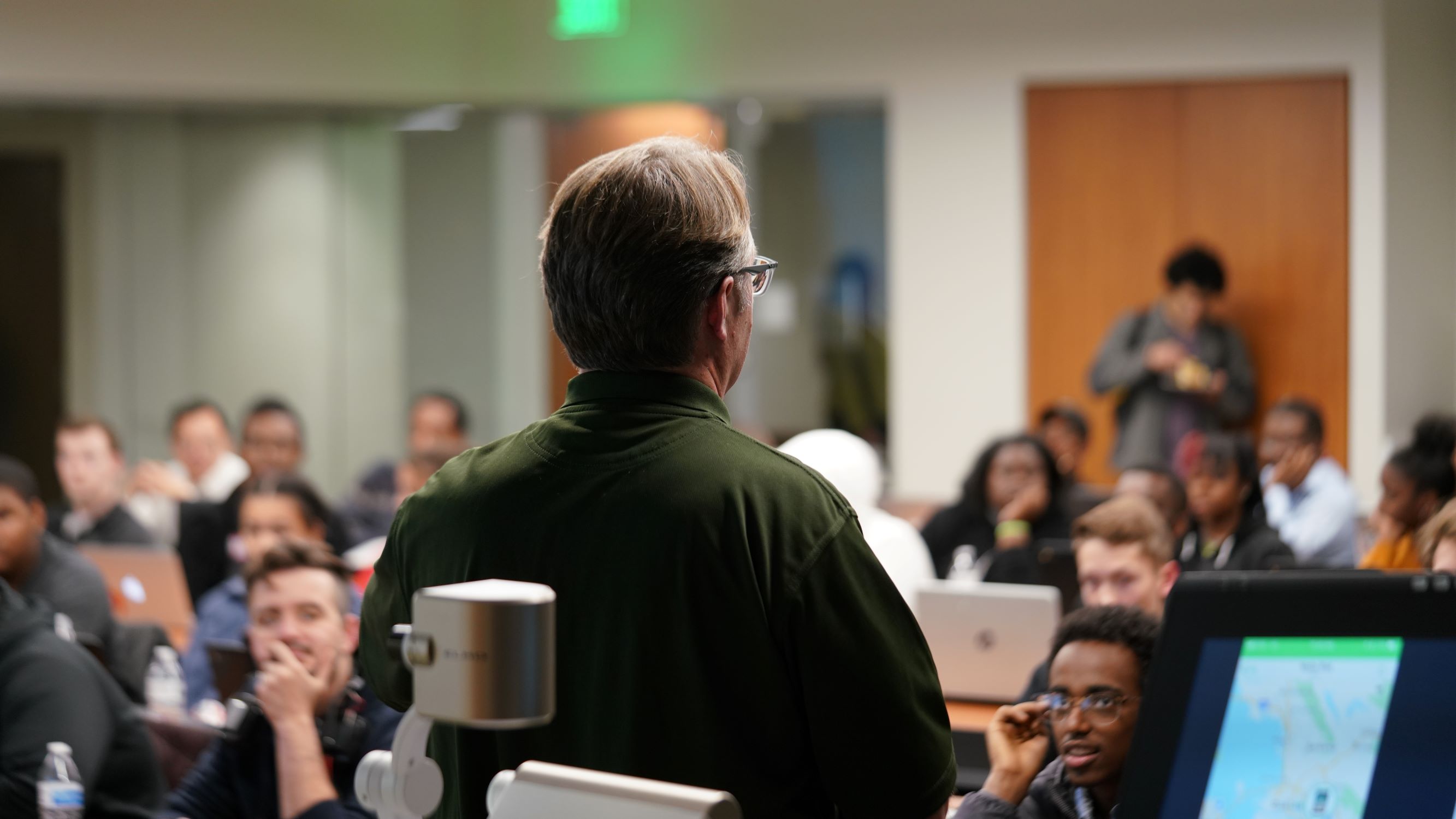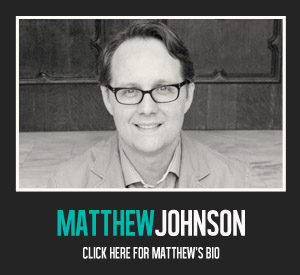 While in Washington D.C. last week, I was privileged to sit down with former NY Times Journalist, Cliff May, current president of Foundation for Defense of Democracies. FDD is a non-profit that provides research to D.C. policy makers “focusing on terrorism and the ideologies that drive terrorism.” During my conversation with Cliff, I picked up a few takeaways that I felt were applicable to local church leaders.
While in Washington D.C. last week, I was privileged to sit down with former NY Times Journalist, Cliff May, current president of Foundation for Defense of Democracies. FDD is a non-profit that provides research to D.C. policy makers “focusing on terrorism and the ideologies that drive terrorism.” During my conversation with Cliff, I picked up a few takeaways that I felt were applicable to local church leaders.1. There is a difference to be made through your voice.
When it comes to an issue like terrorism one would think the solutions are clear in a post-9/11 world. Cliff explained that some policy makers accept acts of terror because they sympathize with a groups voiced grievances. The sobering voice of FDD attempts to remind policymakers that there is never a reason to kill innocent life regardless of a groups purported grievances.
2. Even in a place full of voices, your distinct voice is needed.
Washington D.C. is a city filled with policy-influencing institutions. It would be easy to assume that an organization has always existed in D.C. to produce research for the defense of democracy. That assumption would be wrong. When FDD began a week after 9/11 no other non-profit was offering policy-makers valuable research to defend democracy.
3. Become a respectable and trusted source.
I asked Cliff, “Does FDD push their research on policy-makers?” He said, “FDD does not lobby.” Instead policy makers ask for FDD’s research because it is valued and trusted.







